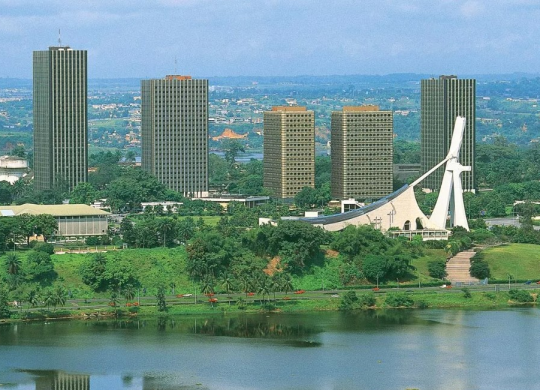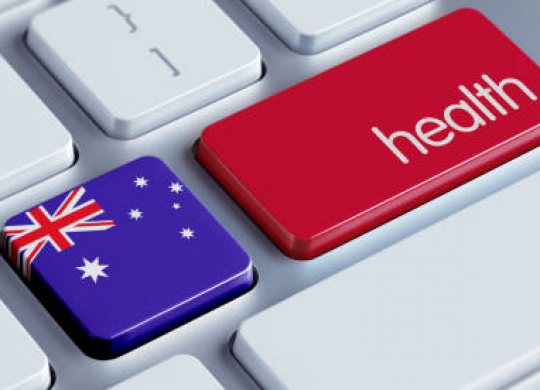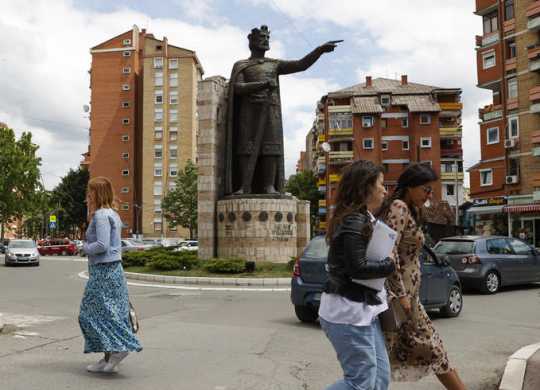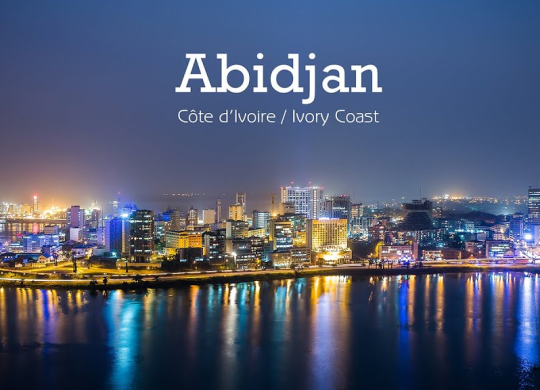
As the world's leading exporter of cocoa and cashew nuts, a net exporter of oil, and a significant manufacturing sector, Côte d'Ivoire is the largest economy in West Africa. The country has shown steady and stable economic growth since 2012, which slowed down in 2020 due to the COVID-19 crisis. Despite a dynamic economy, Côte d'Ivoire lags behind less developed countries on many health indicators.
What does a foreigner need to know about the republic's healthcare sector?
Healthcare in the republic has been severely affected by years of underinvestment due to political and military conflicts. Following their end, the government has taken steps to improve access to services, rebuild and build medical facilities and develop technical platforms in line with international standards. Despite all the reforms and improvements in the sector, basic services have not yet been fully restored and structural problems remain. The Ministry of Health and the fight against AIDS summarised in a report on the national health policy that funding is insufficient and that the geographical and financial access of the population to the quality essential medical service is still limited.
Rural areas are particularly affected by the lack of hospitals and medical staff. Large cities have more medical infrastructure, both private and public. Some private hospitals, such as the Sainte Anne-Marie International Polyclinic or the Hôtel Dieu, offer better treatment. As a rule, however, the level of medical facilities in Abidjan remains below the quality standards of Western medical centers.
Medical insurance for a trip abroad
In case of certain health problems, you may need to be transported to another country because local medical facilities do not have all the necessary medical technology. Therefore, it is important to have international medical insurance to cover the costs of evacuation and medical care provided outside the country.
As a reminder, you can choose a suitable health insurance policy on the VisitWorld website without too much trouble.
Cost of treatment
Below is an example of expenses in the public sector:
• Consultation with a general physician: 15 – 20 000 XOF (23-31 $)
• Consultation with a medical specialist: 17 500 XOF (27 $)
• Consultation with a dentist: usually costs 20 000 XOF (23-31 $). Installation of a ceramic/metal crown is approximately 400 000 XOF (622 $)
• Single room in a hospital: approximately 50 000 XOF (77 $).
Please note that the list does not include doctor's fees, care, treatment, or procedure costs. A hospital bill without insurance can easily run into hundreds of dollars.
Important details
• Vaccinations: A yellow fever vaccination certificate is required for all travelers entering the country. Vaccination against hepatitis B, rabies, meningococcal meningitis, and typhoid fever is recommended.
• Malaria: Côte d'Ivoire is classified as malaria risk zone 3, so the risk is high in all areas throughout the year. Consult your doctor or a tropical vaccination center for appropriate anti-malarial pills before entering.
• HIV: Côte d'Ivoire is one of the countries most affected by human immunodeficiency virus in West Africa. Basic precautions should be taken to protect against AIDS.
• COVID-19: Vaccination against coronavirus is not compulsory, but unvaccinated passengers (aged 12 and over) must have a negative PCR test obtained within 72 hours before departure. The test is not required for passengers with a certificate of full vaccination against Covid-19.
• Emergency service telephone numbers: ambulance – 185, 22 44 34 45 or 22 44 53 53.




